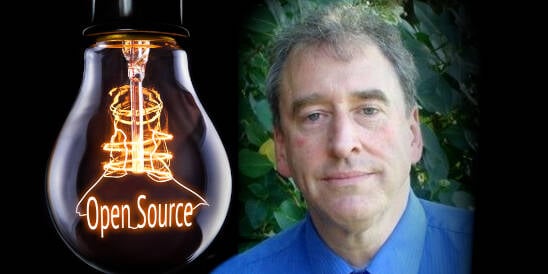Bruce Perens, one of the founders of the Open Source movement, is ready for what comes next: the Post-Open Source movement.
First of all, our licenses aren’t working anymore," he said. "We’ve had enough time that businesses have found all of the loopholes and thus we need to do something new. The GPL is not acting the way the GPL should have done when one-third of all paid-for Linux systems are sold with a GPL circumvention. That’s RHEL.
I felt like I was going crazy sometimes with how often people in the FOSS community insist that nothing is wrong when large companies are massively profiting off of unpaid labor that is meant to help people, by turning it into part of their closed-source product, so it’s nice to see that well-known figures in the community are starting to wake up to this being a problem.
I think that non-commercial-use clauses are a good way forward for certain projects, and commercial licenses for others. I wish that the upstream contrib requirements had taken off, but clearly Capitalism and the FOSS mindset aren’t compatible, and capitalism is more widespread.
If you let corporations have something for free, they’ll find some way to ruin it.
Thanks for the share.
Obviously Perens is one of the FOSS OG figures and he makes a lot of good points. Lately the RHEL/IBM situation has shown a mere license text file isn’t going to keep megacorps from finding ways to circumvent the ideology and the purpose behind it. They have simply too many resources both in development and in legal departments and too many ways to work around the legalese of its intended purpose .Also there’s been an increasing trend where products (Elastic etc) start off with FOSS license and as soon as they gain critical mass, they split their product and switch to their own FOSS-light license and gimped “community edition” downloads. Again, all still legally above the board, but at the same time completely ignoring the intended purpose of the license in the first place.
I think what Perens is proposing is too complicated. I understand that “contract” has far more binding legal fire power compared to a “license”, but as he also points out in the article, it complicates things to the point where it’s hard to adopt. The problem is of course far deeper than just licensing and has its roots deep somewhere in late-stage capitalism and deregulation of corporate entities and those are of course not problems that Perens or the free software community can easily solve. Unfortunately.
It’s clear that something new is needed and I appreciate the work he is doing. I’m not sure it’s the right direction to take, but can’t say I have any rabbits I can pull out of my hat either, so I’ll follow this with interest.



